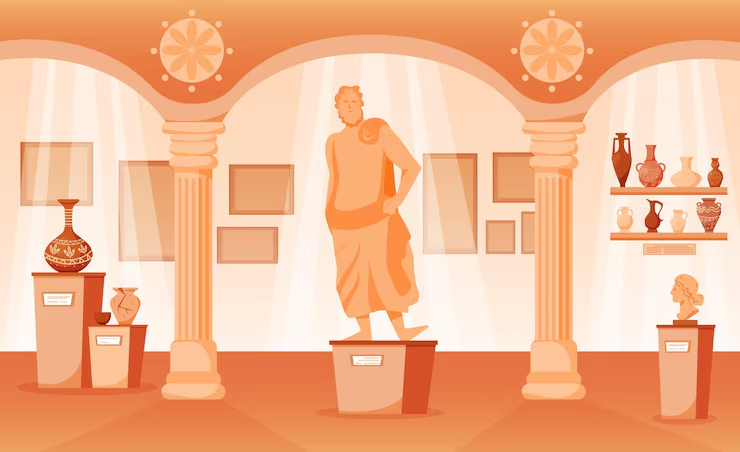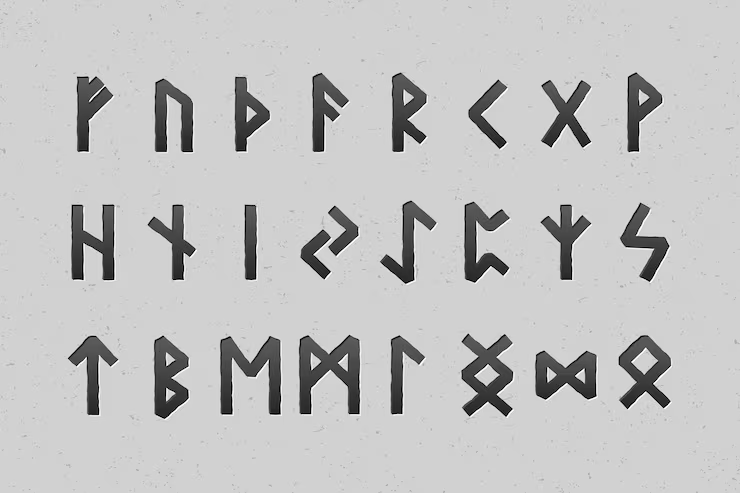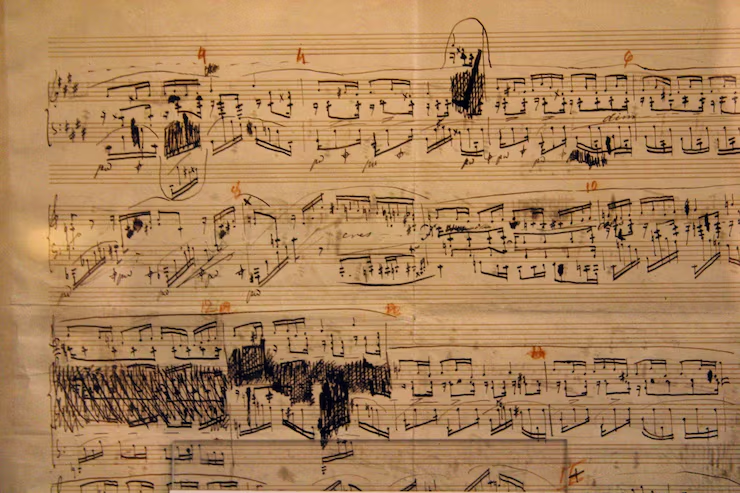Ten Great Greek Inventions That Changed the World

Ancient Greece was a hub of innovation and creativity, producing ideas and inventions that laid the foundation for much of modern civilization. From science and technology to politics to arts, the Greek made contributions that still influence us today. Here are ten of the most remarkable Greek inventions that helped shape history.
-
Archimedes’ Incredible Inventions

Archimedes, one of the greatest minds of the ancient world, was a mathematician, physicist, engineer, and inventor. Born in 287 BC in Syracuse, Sicily, he developed a range of innovations, especially for military use.
Among his famous creations was a naval claw, a device used to defend Syracuse from Roman attackers by grappling and damaging enemy ships. He also invented the Archimedes screw, a mechanism designed to lift water from low areas to higher ground. This invention remains in use today in some irrigation systems.
Archimedes spent much of his life exploring geometry and physics. He was especially interested in spheres and cylinders, famously discovering that a sphere has two-thirds the volume and surface area of its enclosing cylinder. He was killed when the Romans sacked Syracuse in 211 BC, but his legacy continues to inspire scientists and engineers.
-
The World’s First Railway

It might be surprising but the ancient Greeks created a form of railway long before the modern era. Around 600 BC, Einander of Corinth developed a system to transport ships across the Isthmus of Corinth using a paved trackway. This early "railway" was built with grooves carved into limestone, allowing wheeled carts to move large vessels from one side of the isthmus to the other, saving them from a dangerous sea journey around southern Greece.
Although it wasn’t public transportation and lacked steam or engines, it showed the Greeks’ engineering skill and foresight. Today, the Corinth Canal has replaced this ancient transport system, but the original idea remains impressive.
-
Early Steam Engine

Another brilliant Greek inventor, Hero of Alexandria, came astonishingly close to building a working steam engine around the 1st century AD. His device, known as the aeolipile, featured a ball mounted on a pivot above a boiling cauldron. As steam built up, it exited through nozzles, causing the ball to spin—essentially turning heat into mechanical motion.
Though this invention was not used for practical purposes at the time, it showed that the Greeks understood the principles of steam power. Had the potential of this engine been fully realized, the Industrial Revolution might have arrived centuries earlier.
-
The First Vending Machine

Hero of Alexandria also created the world’s first vending machine. This device dispensed holy water in temples when a coin was inserted. The mechanism inside responded to the coin’s weight, releasing a set amount of water into a waiting cup. While it didn’t deliver snacks or drinks like modern machines, the concept of coin-operated service began here.
It’s a striking example of how ancient inventors combined engineering and practicality, even if they didn’t know how revolutionary their ideas would eventually become.
-
The Greek Alphabet and Writing System

Writing was one of the most transformative inventions of the ancient world, and around 750 BC, the Greeks adopted and adapted the Phoenician alphabet to create their own. This writing system eventually became the basis for Greek, the first fully phonetic European language.
By the 5th century BC, Greek had become a standard written language throughout the region, enabling communication, literature, science, and record-keeping. Without the Greek alphabet, many of the texts that laid the foundation of Western thought might never have been written—or preserved.
-
History as a Written Discipline

The Greeks were the first to record history in an organized, written form. Before them, stories of the past were passed down orally. Greek historians changed that.
Herodotus, often called the "Father of History," wrote Histories around 431–425 BC, offering a broad account of the ancient world. His work was more storytelling than factual analysis, but it laid the groundwork. Thucydides, who lived through the Peloponnesian War, wrote a detailed and analytical account of the conflict. His writings are considered the first true historical narrative created by someone who was a direct observer.
-
The Birth of Comedy

Comedy as a performance art began in ancient Greece. While humor likely existed in many early cultures, the Greeks were the first to treat it as a theatrical genre.
Aristophanes, writing in the 5th century BC, created political satires filled with farce and fantasy. His plays mocked politicians and society, influencing later forms of comedy like pantomime, satire, and sketch shows. Many of his works, like Lysistrata and The Clouds, are still studied and performed today.
Later playwrights like Menander shifted away from political satire and developed what’s known as the comedy of manners—a style focused on everyday life and relationships, paving the way for later dramatists like Shakespeare.
-
Coinage and Currency

Before coinage, trade was based on bartering goods. Around 600 BC, Greek cities in Asia Minor began producing coins, introducing a formal currency system that helped standardize commerce.
Early coins were simple and used mainly for large transactions, but as the Greek world grew, so did the variety and complexity of its currency. By the Hellenistic period, Greeks were even experimenting with early forms of paper money transfer.
This monetary innovation not only helped their economy flourish but also influenced the Romans—who later used the system for taxation. The Greeks, therefore, played a foundational role in the development of the global financial system.
-
Musical Notation

Music played a central role in ancient Greek life, from religious rituals to entertainment. Around 300 BC, scholars developed a system of musical notation that allowed them to record melodies. Philosopher-musicians like Aristoxenus of Tarentum explored the theory behind scales and rhythms, shaping the way music was taught and performed.
Two notation systems emerged—one for vocal music and another for instruments—using alphabet-based symbols. Though simpler than modern musical notation, this system made it possible to write down and share music, some of which survives today on stone inscriptions and manuscripts.
When performed, ancient Greek music has a light, minimal quality, similar to traditional Japanese music. It reflects both the sophistication and the aesthetics of Greek culture.
-
Democracy

One of the Greeks’ most influential political innovations was democracy, particularly the version developed in Athens during the 5th century BC. While historians debate whether it was truly the first democracy, the Athenian model was certainly groundbreaking for Europe.
In this system, citizens (excluding women, slaves, and foreigners) could vote directly on laws and policies. It was a participatory form of government that stood in contrast to the monarchies and oligarchies common at the time.
Although Athenian democracy had serious limitations, it introduced concepts like civic duty, public debate, and equality before the law—principles that have inspired political thinkers and systems for centuries.
 Close
Close

























